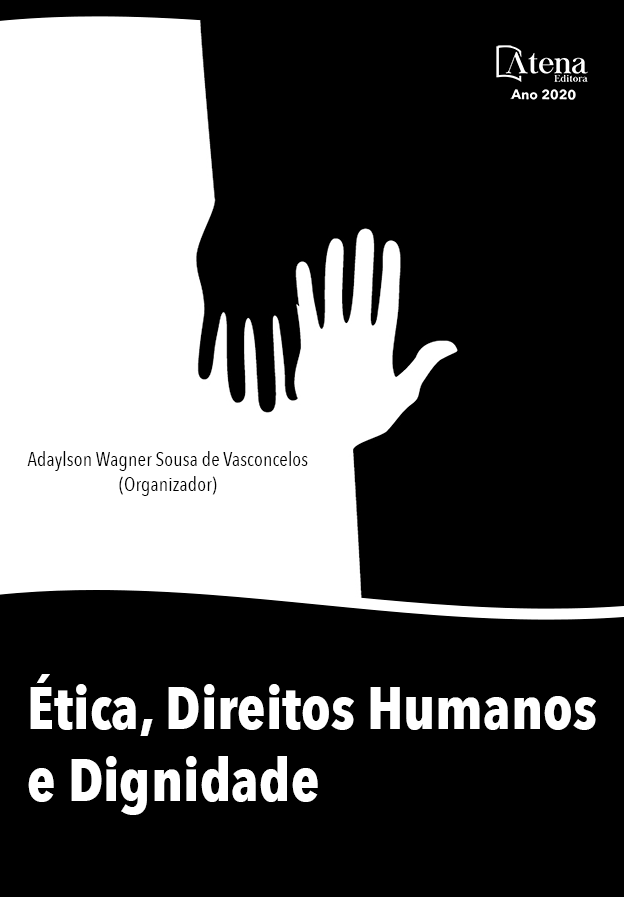
CRISE HUMANITÁRIA DE REFUGIADOS: O EXACERBADO NACIONALISMO EUROPEU À LUZ DOS DIREITOS HUMANOS
Em face dos conflitos e guerras atuais, muitas pessoas têm deixado seus locais de origem e ido em direção à Europa. Diante disso, o presente artigo busca analisar o ultranacionalismo como fator contribuinte para a formação de discursos xenófobos e excludentes contra os refugiados na Europa, bem como a eficácia e abrangência das diretivas destinadas a esses migrantes na União Europeia. A pesquisa foi realizada por meio de uma abordagem hipotético-dedutiva, com um levantamento bibliográfico e documental, além da utilização de procedimentos históricos, comparativos e estatísticos. Assim, buscou-se os conceitos de nação e nacionalismo, analisando as consequências do ultranacionalismo no século XX e comparando com o nacionalismo na atualidade, além de resgatar o contexto de implementação dos Direitos Humanos e do Estatuto dos Refugiados. Ademais, foram acrescentados dados atuais do refúgio, bem como a postura dos países e da população europeia diante do assunto. Concluiu-se que as diretivas destinadas aos refugiados são escassas e pouco abrangentes. Outrossim, os europeus têm visto os refugiados como terroristas ou pessoas que querem tirar seus empregos, promovendo protestos contra eles e dificultando sua permanência no país que os abriga.
CRISE HUMANITÁRIA DE REFUGIADOS: O EXACERBADO NACIONALISMO EUROPEU À LUZ DOS DIREITOS HUMANOS
-
DOI: 10.22533/at.ed.1082018095
-
Palavras-chave: Refugiados, Direitos Humanos, Ultranacionalismo, Xenofobia, Europa.
-
Keywords: Refugees, Human Rights, Ultranationalism, Xenophobia, Europe.
-
Abstract:
In the face of current conflicts and wars, many people have left their places of origin and gone towards Europe. Therefore, this article aims to analyze ultranationalism as a contributing factor to the formation of xenophobic and exclusionary discourses against refugees in Europe, as well as the effectiveness and scope of the directives aimed at these migrants in the European Union. The research was carried out through a hypothetical-deductive approach, with a bibliographic and documentary survey, besides the use of historical, comparative and statistical procedures. Thus, we sought the concepts of nation and nationalism, analyzing the consequences of ultranationalism in the twentieth century and comparing it with nationalism today, as well as rescuing the context of implementation of Human Rights and the Refugee Statute. In addition, current data on the refuge, as well as the position of the countries and the European population on the subject were added. It was concluded that the directives for refugees are few and far-reaching. Furthermore, Europeans have seen refugees as terrorists or people who want to take their jobs, promoting protests against them and making it difficult for them to stay in the country that houses them.
-
Número de páginas: 15
- Letícia do Carmo Souza
- Hérika Juliana Linhares Maia
- Danielle Heloísa Bandeira Mendes


